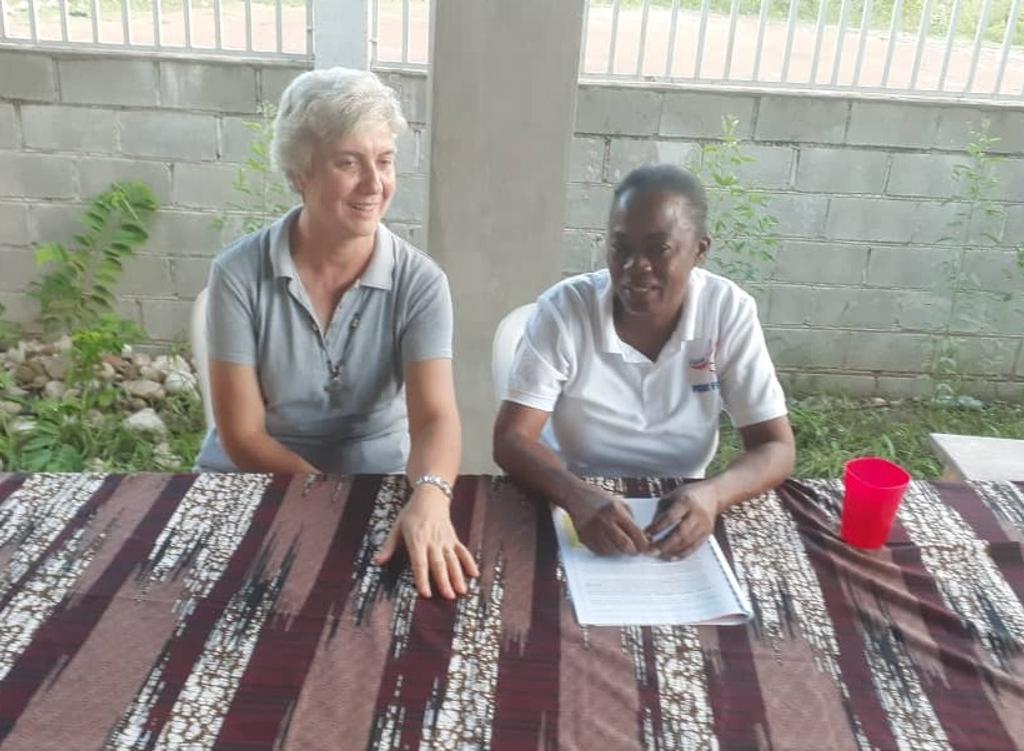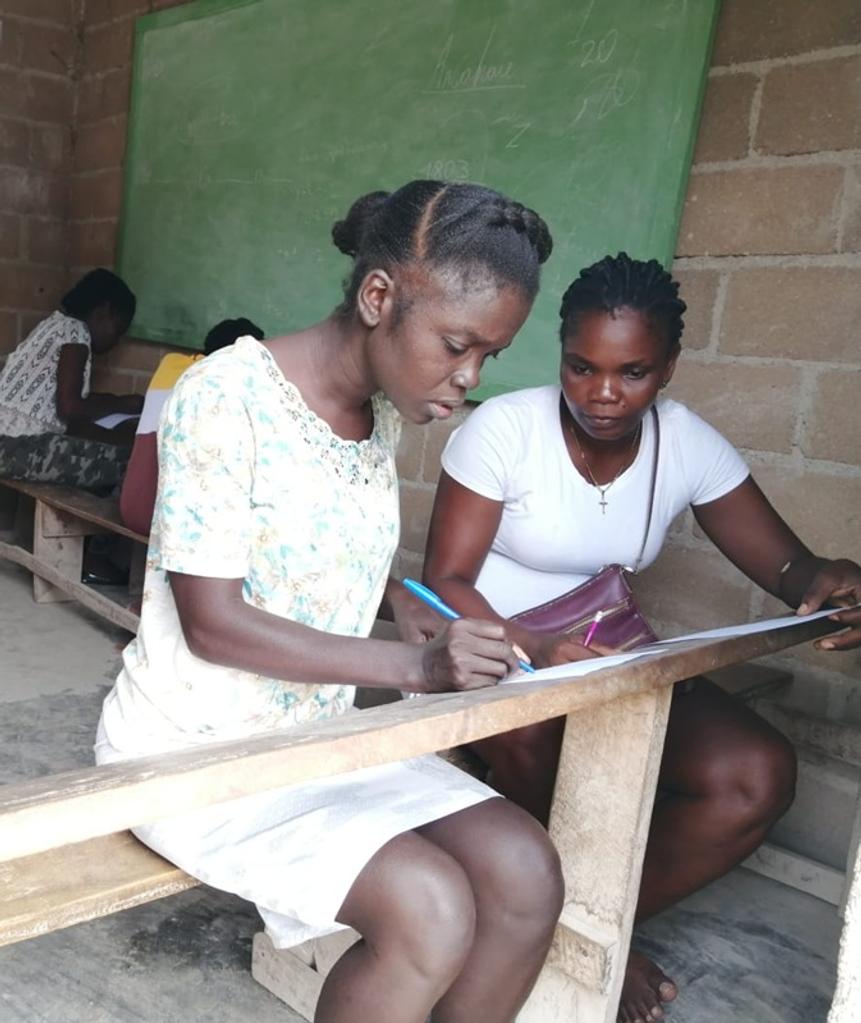HA 05 – VIN MOUN - GROWING AS INDIVIDUALS: ADULT LITERACY COURSES


Project Location
Anse-à-Pitres is a town located in the far southeastern corner of Haiti, on the Caribbean coast, bordering Pedernales, Dominican Republic, and about 140 km from the capital, Port-au-Prince. Anse-à-Pitres is one of Haiti's four official border crossings, but also the poorest and most neglected. Every day, hundreds of Haitian women cross the border to carry out small businesses or domestic work in the Dominican Republic, often underpaid and in precarious conditions. For many Haitian migrants, Anse-à-Pitres represents not only the gateway to the Dominican Republic, but also the beginning of long journeys to other countries. However, in recent years, this small border town has become a refuge for several vulnerable groups: on the one hand, those fleeing gang violence, especially in the capital; on the other, those deported from the Dominican Republic and seeking a new beginning.
Today, internally displaced persons and repatriates constitute the majority of the local population. Recent Dominican migration policies, increasingly restrictive and driven by the fact that over 50% of Haitians lack regular documentation, have led to a dramatic increase in mass deportations. Border crossings have become more difficult, and waiting times have become increasingly long. Thus, Anse-à-Pitres, once considered simply a transit point, now faces the challenge of welcoming and integrating thousands of people who, often against their will, are forced to settle in an area lacking in services and opportunities. This context makes any process of inclusion and rebuilding their lives extremely difficult.

Project description
Educational insecurity has persisted in Haiti for too many years. This situation explains why only 53% of the population is literate, while a full 47% of adults (aged 15 and over) cannot read or write. In rural areas such as Anse-à-Pitres, the illiteracy rate rises further, reaching 80%. Access to education is hampered by a context of chronic insecurity and extreme poverty, which has favored the spread of private schools (which represent 80% of the total), often inaccessible to the most vulnerable families. Consequently, the school dropout rate is very high, especially among girls. Education levels remain very low: only 57% of children attend primary school, and just 21% attend secondary school. Given the high rate of migration among the Haitian population, illiteracy represents a serious risk factor, exposing many people to exploitation, abuse, and violations of fundamental rights.
As an intercongregational community, we work closely every day with people—especially women—who cannot read or write: we promote microcredit projects for women who run businesses between Haiti and the Dominican Republic, offer academic support to children who have been unable to attend formal education, help people without legal identification prepare documents, and provide humanitarian support to deportees and internally displaced persons. Many of them, including young people between 25 and 30—especially girls—cannot even write their own names.
It is from this direct contact with reality that our community's desire to do something concrete, however small, to help improve the lives of some of the people who live near us, is born. In our literacy project, we do more than simply teach the basics of reading, writing, and arithmetic. For us, these skills become the starting point for a comprehensive education capable of transforming people's lives. For those who choose to settle here, the training program is an opportunity to gain awareness and build a more dignified future. For those who decide to continue their migration journey to other countries, it provides additional tools to face new challenges.
This training takes shape through thematic meetings designed to foster awareness, but also through practical activities, such as microcredit or support for women wishing to start small businesses. In a context of great economic uncertainty, these initiatives not only improve living conditions but also enable families to ensure their children's education, thus helping to break the painful chain of illiteracy that profoundly affects Haiti.
To implement the project, we involved local collaborators, including: a young primary school principal, who supports us with coordination and also acts as a cultural and linguistic mediator; eight local tutors, who are responsible for teaching; several primary schools that offer their facilities to host the course; and several individuals invited to discuss specific topics.
Classes are held twice a week, for a total of four hours, in the afternoon—the only time available for those who work, as the lack of electricity makes evening activities, which would actually be more suitable, difficult. The course is open to all those who were unable to attend school or dropped out in the early years of primary schooling, and who, due to age or living conditions, can no longer be included in the traditional school system.
Objectives
- To offer people the essential tools to face the difficult humanitarian emergency they live in with greater awareness and dignity.
- To strengthen their capacities to promote real and sustainable transformation in their lives.
Beneficiaries
Direct: 120 people, mostly women
Indirect: families and society
Sister Responsible for the Project: Sr. Luigia Coccia
Project's costs
